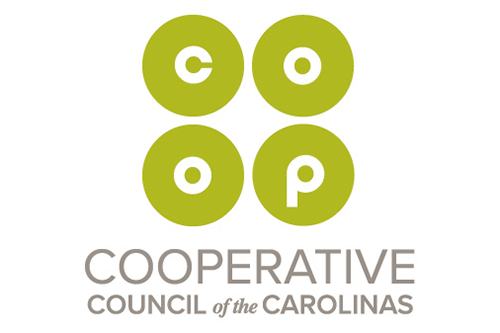Advancing age, shifting interest, flagging sales and familial transitions are all succession planning challenges that impact purchasing co-ops. In recent years, the worker co-op model has enabled a number of successful transitions in the purchasing space, helping businesses avoid a big-box buyout, closure or worse.
Gary Pittsford, president and CEO of NCBA CLUSA Associate Member Castle Wealth Advisors and author of Your Family Business, Your Family Net Worth: Strategies for Succession Planning, and a panelist at NCBA CLUSA’s 2015 National Purchasing Cooperatives Conference, recently sat down with NCBA CLUSA to talk about family business succession, retirement planning and the pros and cons of worker co-ops.
NCBA CLUSA: What are some of the most common unforeseen issues that arise for aging business owners?
Gary Pittsford: Most business owners are not prepared for retirement or selling their company because they don’t know what should be done. They have worked for 30 or 40 years growing and managing their company, and getting it prepared for someone else to run is something that they’re not used to. In the last three to five years before selling, they should try to increase profits as much as possible, decrease expenses, make sure that all of the employees are well trained and make sure that the facilities look excellent. Cleaning up financial statements and paying down debt are also important priorities. Closely-held family businesses need education around all of these business planning ideas and NCBA CLUSA can help raise awareness.
NCBA CLUSA: How can worker co-op conversions be a solution?
Pittsford: About 25 percent of business owners will sell to family and about 20 percent will sell to their employees. A worker co-op is always an idea to consider. Sometimes only the General Manager, or perhaps two senior managers want to buy the company themselves, but sometimes all of the employees banding together and buying out the owner is a better option. Having all of the employees invested in the purchase helps keep everyone motivated. Also, if the company is well run before the transition, the employees will probably have good incomes and develop an increased value in the ownership of their company.
NCBA CLUSA: How does transitioning to an an Employee Stock Ownership Plan (ESOP) differ from a worker co-op?
Pittsford: An ESOP normally costs more in legal fees to set up. The ESOP is actually a qualified retirement account and has lots of reporting that is required every year. Even though there are more expenses each year, the ESOP has some advantages, primarily the idea of not paying income taxes on the company stock that’s inside the ESOP. For example, if an ESOP owns 100 percent of the company stock, then the ESOP does not pay income taxes. The worker co-op has many of the same tax advantages for the business owner who is selling his stock, but it does not have the same annual benefits such as tax-free income inside the ESOP. No matter which method is chosen, all of the employees benefit from owing a piece of the company.
NCBA CLUSA: Are there some businesses that lend themselves to worker co-op transitions more than others?
Pittsford: Yes. For example, the agricultural industry—such as growing fruits and vegetables—is one example. If the main function is harvesting fruits and vegetables, then packing and shipping those items, then all of the employees can work together and accomplish those tasks. Also, some high-tech companies where everyone has a laptop and everyone is working together are also good candidates for a worker co-op transitions.
NCBA CLUSA: What are the pros and cons of worker co-op transitions?
Pittsford: The biggest pro to setting up a work co-op is that the employees can start developing a net worth for themselves, not only through their salary, but also through their ownership in the company. If the company is run well and all of the employees work together then they will all be rewarded for their efforts. The con to a worker co-op is that sometimes a few employees don’t carry their share of the load or aren’t well trained. Even though everyone owns a piece of the company, there needs to be one or two individuals in charge. If a bank line of credit or a bank term loan is needed, are all of the employees willing to sign for any future debt? These are questions that need to be addressed.


